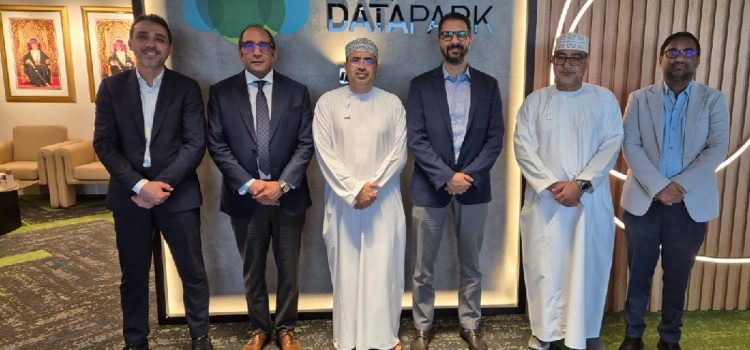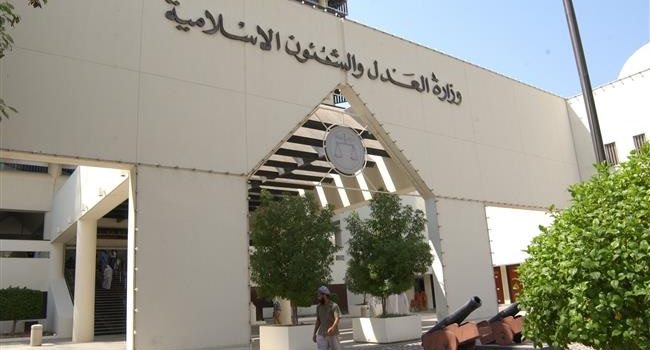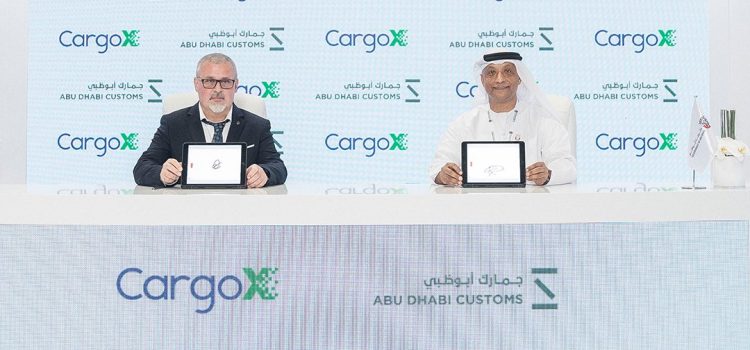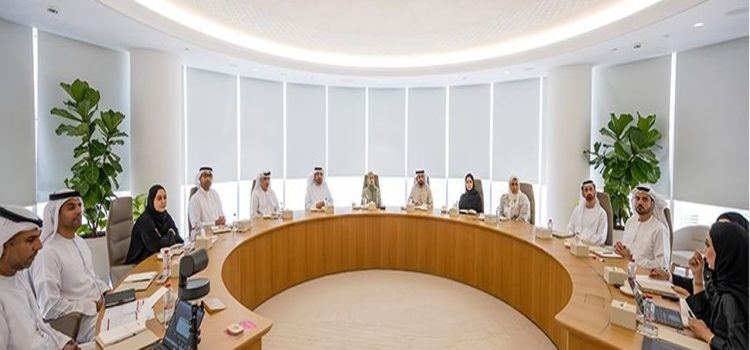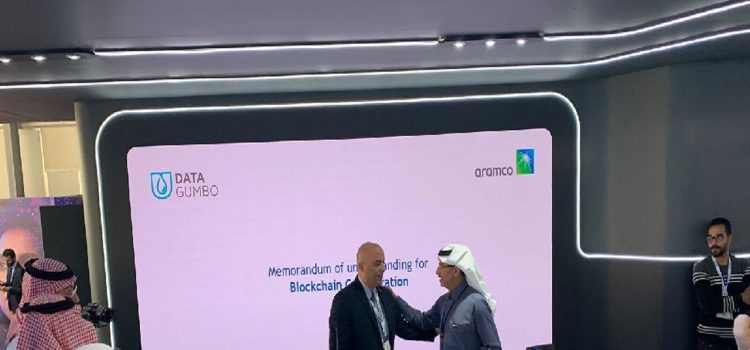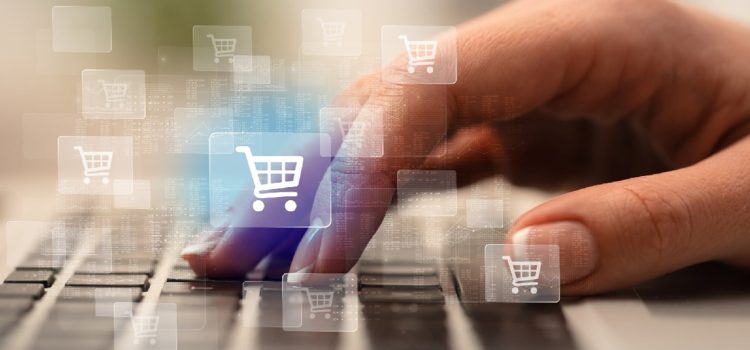
The Oman Data Park, datacentre and cloud service provider, and INTRO Technology, the technology arm of INTRO Holding and the parent company of Advansys and Forte Cloud, a leader in technological solutions and digital transformation, have signed an MOU to establish Kemet Data Center in the Suez Canal Economic Zone which will provide cloud solutions, Internet of Things (IoT) and digital transformation particularly in Africa and Middle East.
Kemet Data Center, which will span 80,000 square meters, is set to be developed in two phases. Strategically located in the Suez Canal Economic Zone, it will serve as a key facility for companies seeking cost-effective cloud solutions, offering scalable infrastructure, faster data processing, and improved latency.
Leveraging Egypt’s advanced infrastructure and its position as a key regional hub, the center will provide a secure and efficient platform for businesses to manage both regional and global operations. Committed to sustainability, Kemet Data center will partially rely on solar energy, reducing its carbon footprint while delivering advanced digital services.
Oman Data Park will provide commercial services, overseeing the center’s design, construction, and management. Advansys, a subsidiary of INTRO Technology, will host the data center’s staff and experts, handling legal procedures, equipment importation, and design through its Center of Excellence. This will expedite the project’s initial phases.
Mamdouh Abbas, Chairman of INTRO Holding, emphasized that the partnership is a crucial step in expanding INTRO Technology’s presence in the Middle East and Africa. He highlighted Kemet Data Center’s role in advancing Egypt’s digital transformation goals as part of its 2030 vision.
Eng. Maqbool Al Wahaibi, CEO of Oman Data Park, expressed excitement about the partnership, stating that it will foster innovation and economic growth across the region, providing critical digital solutions to meet the demands of global enterprises.
In early 2024, Oman Sohar port Free zone, signed a deal with Green Data City to develop a multimillion dollar data computing center which will include data mining. The data mining centers would allow for AI and Blockchain data mining as well as crypto. The Data Computing Center in SOHAR Free zone would be used for hosting, processing, and data mining, solidifying their position as a key player in the digital economy, fostering technological innovation and economic growth. The land lease agreement, signed with encryption mining company Green Data City (FZC) LLC, covers the development of a 45,000-square-metre site that will house 20,000 servers from leading manufacturers.
Previously, Oman signed several partnerships for Blockchain, and Bitcoin datacenters with entities such as Exahertz. At the time Dr. Ali Mohammed Tabook, CEO of Salalah Free Zone, underscored the significance of laying down the foundation stone for the Exahertz Blockchain Data Centre at an investment value of $348 million on an area of 312,000 square metres.
Prior to this announcement, Oman Ministry of Transport, Communications, and IT in partnership with Green Data City (GDC) the next generation data blockchain ecosystem, launched the first licensed sustainable crypto mining datacenter in Oman, and the GCC. The delegation witnessed the first Bitcoin officially mined in Oman using immersive cooling technology which will reduce electricity consumption.
While the Oman Investment Authority (OIA) took part in a $350mn equity round in Crusoe Energy Systems. The US firm helps oil and gas producers cut flaring by using stranded natural gas to power cryptocurrency mining. Crusoe systems set up operations in Oman as well.








